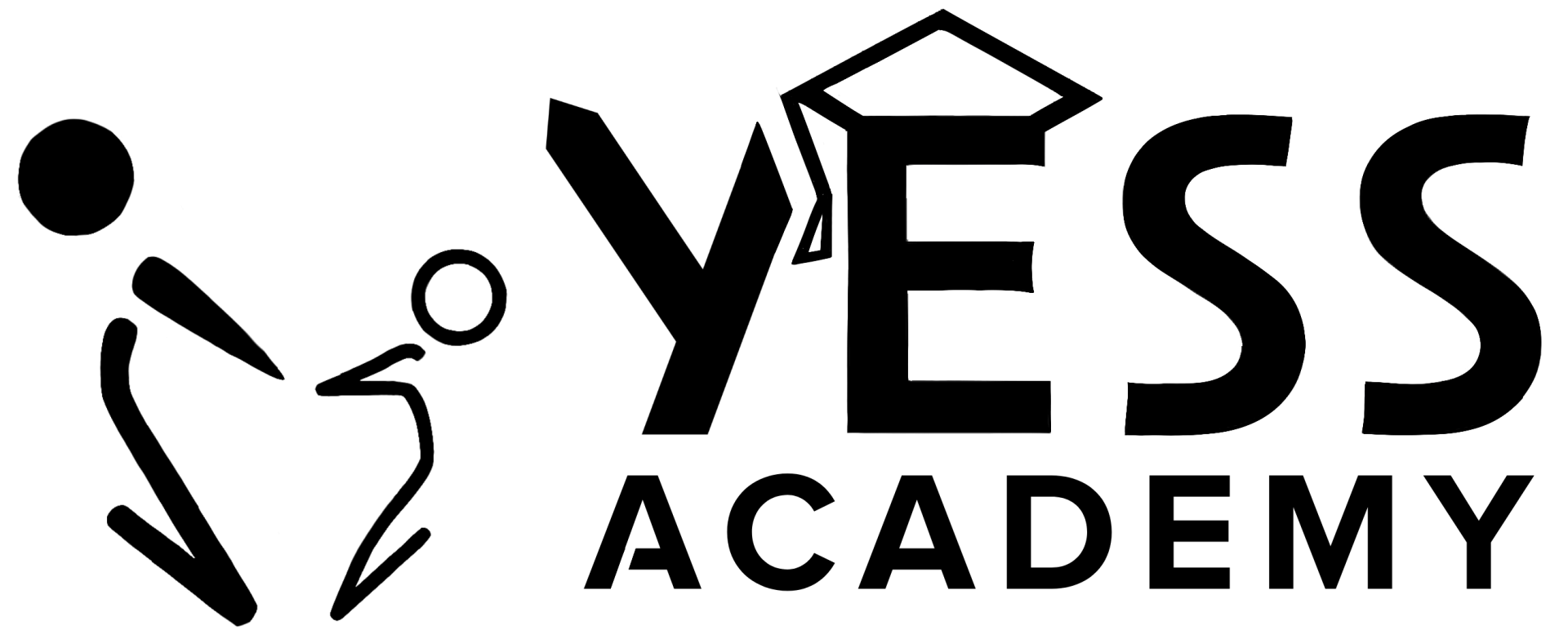The impact of substance misuse on academic performance is a topic of growing concern in educational circles. As educators and parents grapple with the challenges of ensuring the best educational outcomes for students, understanding the connection between substance misuse and academic performance becomes imperative. This blog post aims to explore this crucial link, shedding light on how substance misuse can affect students' learning and academic achievements.
Substance misuse, particularly in adolescents, can have detrimental effects on cognitive function. The use of substances like alcohol, marijuana, and other drugs can impair memory, concentration, and decision-making abilities. These cognitive impairments can lead to decreased academic performance, as students struggle with attention, processing new information, and problem-solving.
Beyond the direct cognitive impacts, substance misuse can also affect a student’s motivation and attendance. Substance misuse often leads to a lack of interest in academic pursuits and disengagement from school activities. This disengagement is frequently accompanied by increased absenteeism, further hindering academic performance. Students who frequently miss school due to substance use miss out on critical learning opportunities, leading to gaps in knowledge and falling behind in coursework.
The use of substances can lead to social and behavioral issues in school, impacting academic performance. Substance misuse can result in changes in behavior, leading to disciplinary actions, suspension, or even expulsion. Additionally, students under the influence of substances may find it challenging to interact appropriately with peers and teachers, disrupting their social support systems that are vital for academic success.

The long-term academic consequences of substance misuse can be profound. Poor academic performance in the short term can lead to reduced opportunities for higher education and limited career prospects. Furthermore, students who struggle with substance misuse are at a higher risk of dropping out of school, which can have lasting implications on their future economic stability and overall quality of life.
Understanding the connection between substance misuse and academic performance underscores the need for effective prevention and intervention strategies. Schools can play a pivotal role by implementing comprehensive substance misuse education programs, providing support services for students at risk, and fostering a school environment that promotes healthy choices. Early intervention is key in addressing substance misuse and mitigating its impact on academic performance.
>> Learn more about our Substance Misuse Education courses:
Combating substance misuse and its impact on academic performance requires a collaborative effort. Parents, educators, and community members need to work together to provide support systems for students. Open communication about the dangers of substance misuse, creating safe spaces for students to seek help, and providing access to counseling services are crucial steps in this collaborative approach.
The connection between substance misuse and academic performance is complex and multifaceted, with far-reaching implications. By understanding this link, educators and parents can better support students in achieving their academic goals while maintaining a healthy lifestyle. The collective efforts of schools, families, and communities in addressing substance misuse can pave the way for a brighter academic future for all students.
Empty space, drag to resize


